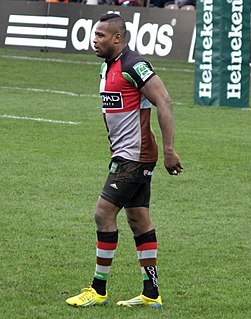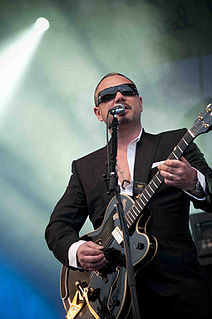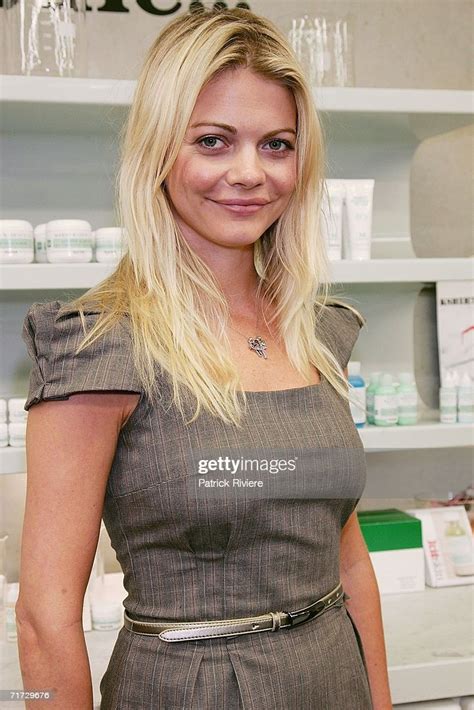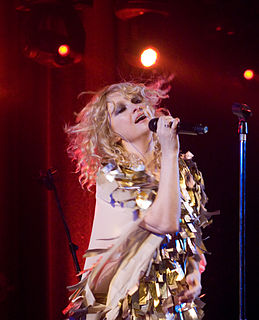A Quote by Camilla, Duchess of Cornwall
Over the years, I have been privileged to meet many women, men and children who have escaped domestic abuse and who are determined to tell their stories to save others.
Related Quotes
I was shocked to find out that 1 in 4 women are affected by domestic violence at some point in their lifetime. So many women never tell anyone that they are being abused by their partner. I have joined the 'Real Man' Women's Aid campaign to show that real men don't abuse women and that a real man will always stand up against domestic violence.
I had the privilege of hearing incredibly brave women standing up to tell their stories - harrowing stories that reduced many of us listeners to tears. But with each story, the taboo around domestic abuse weakens and the silence that surrounds it is broken, so other sufferers can know that there is hope for them and they are not alone.
Although I haven't experienced violence in a relationship, I know that two women every week in England and Wales are killed by their partner or ex-partner, and that unless we act now, many more women will die because of domestic violence. We must speak out now against all forms of domestic violence, not only physical abuse but also the emotional, sexual and financial abuse which means that many women are afraid to be at home with their partner.
There were others, women with stories that were told in a quieter voice: women who hid Jewish children in their homes, putting themselves directly in harm's way to save others. Too many of them paid a terrible, unimaginable price for their heroism. And like so many women in wartime, they were largely forgotten after the war's end.There were no parades for them, very few medals, and almost no mention in the history books.
According to our social pyramid, all men who feel displaced racially, culturally, and/or because of economic hardships will turn on those whom they feel they can order and humiliate, usually women, children, and animals--just as they have been ordered and humiliated by those privileged few who are in power. However, this definition does not explain why there are privileged men who behave this way toward women.
The worst way of oppression involve exploitation of children, preying on vulnerability, denying others the right to live safely, and denying people of their right to education. Two-thirds of the world's illiterate are women. Sixty-six percent of countries have no laws to protect women from domestic abuse, and battery is the largest cause of injury to women in America.
Each of us is comprised of stories, stories not only about ourselves but stories about ancestors we never knew and people we've never met. We have stories we love to tell and stories we have never told anyone. The extent to which others know us is determined by the stories we choose to share. We extend a deep trust to someone when we say, "I'm going to tell you something I've never told anyone." Sharing stories creates trust because through stories we come to a recognition of how much we have in common.
According to the CDC, more than one in three women and one in four men in the United States have been victims of domestic violence. It is a widespread public health problem, and every year 1,600 women and 700 men are killed by their intimate partners. One of the biggest risk factors that domestic violence will become fatal is the presence of a gun.






































